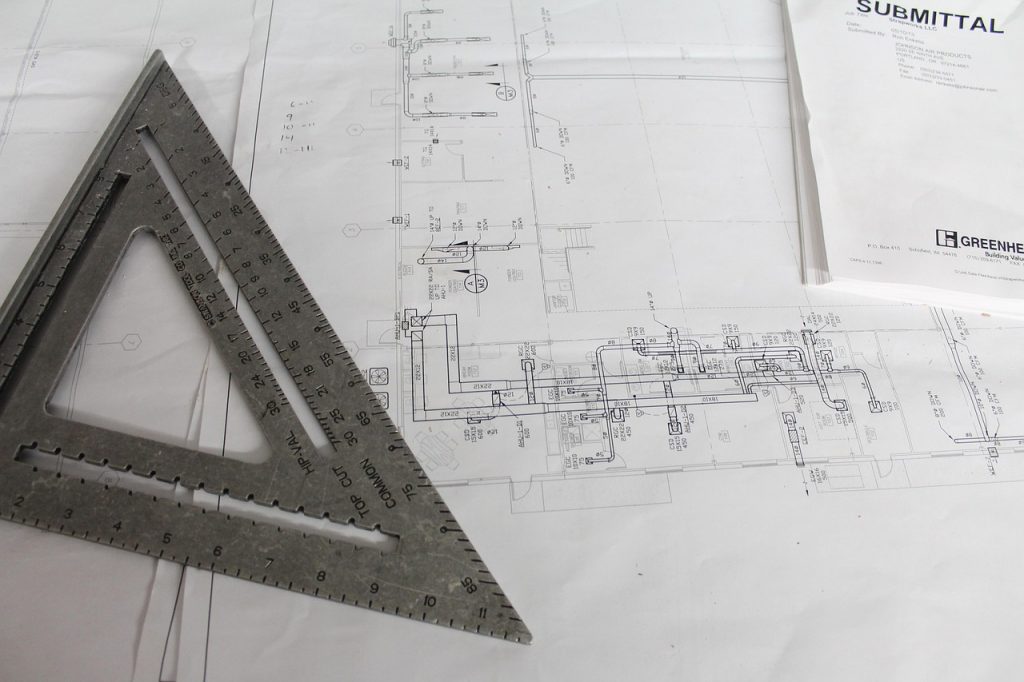
Thinking about pursuing a career path without doing any vocational course can be a little difficult. You should consider some of the highest paying trade jobs as professional endeavors. Many trade professions can make you get a handsome salary even without a traditional 2-year or 4-year apprenticeship.
Post-high school studies play a vital role in every student’s academic career. However, a student does not prefer to go through a master’s program due to multiple factors. Therefore, explore your options when pursuing vocational careers and trade jobs. To improve your chances of getting high-paid jobs, it is important to gain the necessary skills, knowledge, and experience for the particular job.
With the rapid changes in the economy and technology, there are many best-paid trades UK professions out there in the market that are proving very profitable with very little competition. For instance, as more and more commercial and residential establishments are out there, the use of elevators and escalators is increasing day by day and the demand for structural engineers is also increasing. Become the highest-paid tradesmen in the UK by getting a trendy job in 2022.
To help you understand what type of trade job is the highest paying, we have mentioned some of them below to help you become one of the highest paying tradespeople;
- Site Manager
- Structural Engineer
- Electrician
- Plasterer
- Plumbing
- Carpenter
Site Manager:
A site manager or a construction manager holds charge of ensuring that the building is completed on time within the target budget. He or she has the responsibility to determine whether the other construction professionals are doing their job correctly or not. Moreover, he or she acts as the go-between for the client and the other professionals on the construction site. He or she makes sure that the work is done according to the clients’ specifications. Also, he or she decides the requirements of materials and most importantly, the safety of the workers on the construction site.
You can choose to gain a charter ship through the charter institute of building to become a site manager.
Structural Engineer:
Structural Engineer acts two-fold;
- Designing and constructing new buildings
- Improving the structural integrity of existing structures or buildings.
A structural engineer may perform closely with a site manager. Sometimes he or she can also decide the selection of needed materials, but the main focus of his or her work is always on technical elements of the building including creating plans and designs, calculating workloads, and ensuring safety standards on the construction site.
Most structural engineers are equipped with a civil engineering degree, accredited by the Institution of Structural Engineers. In order to complete a professional qualification from the institution of Engineering, one has to complete vocational training with an accredited employer and pass a review.

Electrician:
An electrician is proficient in handling various types of electrical tasks such as testing, maintaining, installing, and repairing electrical appliances, wiring, and equipment in domestic settings or commercial premises like offices and warehouses.
This job needs training and experience with relevant qualifications. Therefore, to work as an industrial, commercial, or domestic electrician, you will require to complete a level 3 Diploma in Electrotechnical Services (for electrical maintenance), Level 3 NVQ Diploma in Installing Electrotechnical Systems & Equipment (Buildings, Structure and the Environment), and Level 3 Diploma in Electrical Installations (Buildings and Structures) if part of an apprenticeship.
Plasterer:
If you love to be a perfectionist, this job may be a well-suited option for you. Plasterers’ work is to apply layers of plasters on the walls inside properties. They are proficient in decorating houses and they render external walls to protect them from the weather elements.
You need not have any formal education to become a plasterer. Some people may acquire the skill through on-the-job training. But the individuals involved in this profession must be physically fit and have a good ability to spot any flaws.
Plumbing:
A plumber is eligible enough to perform a variety of tasks including;
- installing and repairing water and gas pipes
- fitting fixtures like showers, taps, toilets
- Repairing and replacing appliances such as dishwashers and washing machines.
Plumbers can work in both domestic and commercial sites. They are capable of planning and installing pipework for new buildings. Moreover, a good plumber must have good communication skills as he has to deal with the general public and trade professionals.
To become a professional plumber, you will need to complete an NVQ Level 2 / 3 in plumbing and domestic heating and pass practical exams. And if you are planning to be a gas engineer you must need to have ACS qualifications and be registered on the Gas Safe Register. Generally, individuals become professional plumbers by getting a four years trade apprenticeship.

Carpenter:
If you are interested in performing a job that entails diversity in tasks, it is perfectly suitable for you. You may make and repair timber frames for new houses. Also, you are eligible to install staircases, doors, and window frames. A must be an experienced holder to become proficient in his or her work.
Want to be a qualified carpenter! Complete a college course such as Level 2 Diploma in Bench Joinery or Level 2 or 3 Diploma in Carpentry and Joinery.
Welders:
Many industries have a great demand for skilled welders to build and repair metal parts structures. The welders are proficient to fuse materials ranging from sheet metal to steel beams. Industries that have high demands of professional welders are; Aerospace, Shipbuilding, Oil and Gas, Mining, Automobile, and other manufacturing industries.
Welders function near high heat sources such as in confined spaces or outdoors uncovered to the weather. You can also notice them working in remote areas, high off the ground, or even underwater conditions. If you are a trained professional and know to weld safely and properly in all conditions, you are highly valued.
Renewable engineer:
The job profile of an energy engineer is to be involved in the production of energy via natural resources. Their work includes the extraction of oil and gas from renewable or sustainable sources of energy. These natural resources of energy can include hydro, wind, solar power, and biofuels. As a renewable energy engineer, your priority should be on searching for clean, efficient, and unique ways to deliver energy. Your role can be based on various tasks such as;
- Developing and testing machinery.
- Inventing methods of enhancing existing processes.
- transforming, transmitting, and providing helpful energy to satisfy our needs for electricity
- researching and designing methods to yield new energy, lessen emissions from fossil fuels, and minimize environmental impairment.
Conclusion:
Whatever your background is, for example;
- A school-leaver
- A recent graduate,
- Returning to job following a career break
Any one of them can build a successful career in trades. Just determine the route you are wanting to redirect to the particular trade sector. Decide which job category you desire to fall into and what type of job you wish to perform, then find an apprenticeship including hands-on training and learning to get an aimed job.

 (2 votes, average: 4.50 out of 5)
(2 votes, average: 4.50 out of 5)